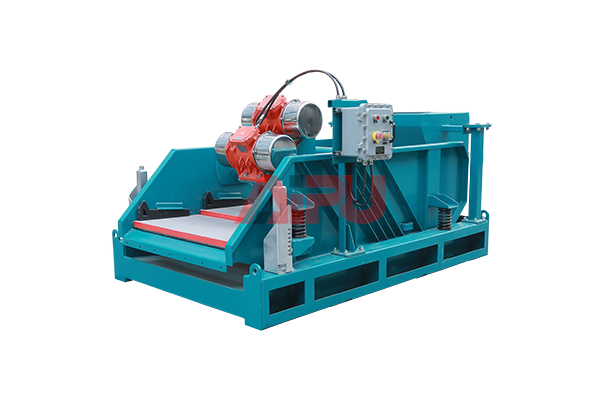The operating temperature of a solids control system plays a critical role in its efficiency and longevity. Understanding this parameter ensures optimal performance while preventing equipment failure due to thermal stress. Different components within the system have varying temperature tolerances, and knowing these limits helps in proper maintenance and operation.
Why Operating Temperature Matters
Temperature directly impacts the viscosity of drilling fluids, which affects separation efficiency. High temperatures can thin the fluid, reducing the effectiveness of shale shakers and centrifuges. Conversely, low temperatures may cause fluid thickening, increasing pump load and energy consumption. Most solids control systems operate optimally between 40°F (4°C) and 140°F (60°C), though specific equipment may have different ranges.
Key Components and Their Thermal Limits
Shale shakers typically handle temperatures up to 180°F (82°C), while desanders and desilters work best below 150°F (65°C). Centrifuges, being precision instruments, often have stricter limits around 120°F (49°C). Polymer-based seals and elastomers in pumps may degrade faster at elevated temperatures, requiring more frequent replacement.
Monitoring and Control Strategies
Modern systems incorporate temperature sensors at critical points. Real-time monitoring allows operators to adjust flow rates or implement cooling measures when necessary. Insulation jackets for piping and heat exchangers for fluid temperature regulation prove effective in extreme environments. Regular thermal imaging inspections can identify potential hotspots before they cause damage.

Environmental Considerations
Arctic operations require pre-heating systems to maintain fluid temperature, while desert installations need shading and ventilation to prevent overheating. The thermal mass of equipment affects how quickly temperature changes propagate through the system - larger units respond slower to ambient variations.
Material Selection for Temperature Resistance
High-grade stainless steel components withstand wider temperature ranges than carbon steel. Specialized coatings protect against thermal cycling effects. Electrical components often incorporate thermal cutoffs to prevent overheating damage. Proper material selection during system design prevents most temperature-related issues.
If your project requires solids control equipment, choose Aipu Solids Control, it will be your best choice.
